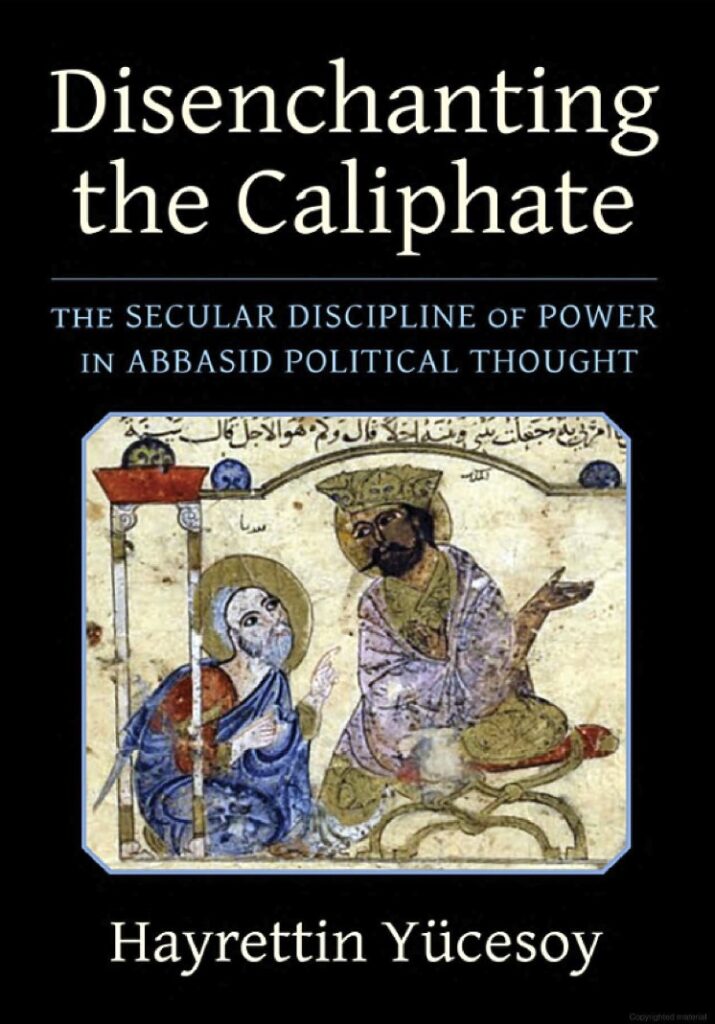In his most recent book, Hayrettin Yücesoy confronts a dominant historical narrative that depicts the political thought and practice of Muslims in a rigid religious framework. Examining the concepts of secularity and good governance in premodern times, he extends their boundaries beyond the confines of Europe.
For Associate Professor Hayrettin Yücesoy, a scholar of Middle East history and Islamic studies, the quest for a brighter future always involves a journey to the past.
“To establish a more equitable society, we must continue to open new windows on the past,” Yücesoy said. “We can forge pathways toward improved futures only by liberating ourselves from the grip of hegemonic narratives.”

In his new book, “Disenchanting the Caliphate: The Secular Discipline of Power in Abbasid Political Thought,” Yücesoy challenges the dominant historical narrative of “Islamic political thought,” arguing that it reduces the histories of Muslim people to their religious cultures.
“Circulating widely since the late 19th century, the invented liberal nomenclature ‘Islamic political thought’ renders an important secular thought tradition invisible,” Yücesoy said. “My book resists the prevailing colonial and nativist narratives that continue to portray religious scholars as the only authentic representatives of the political tradition.”
To dispute this conventional history, Yücesoy revisits Arabic, Persian, and Ottoman texts, with a focus on political tracts from the eighth and ninth century. In this exploration, he uncovers a previously overlooked tradition of secular political thought, commonly referred to as “siyasa.”
“In siyasa literature, the idea of good governance began to diverge from religious concerns,” Yücesoy said. “A wealth of this literature emerged between the eighth and 16th centuries, surpassing the volume of political literature produced in Europe during the same era. But this major political thought tradition is largely neglected.”